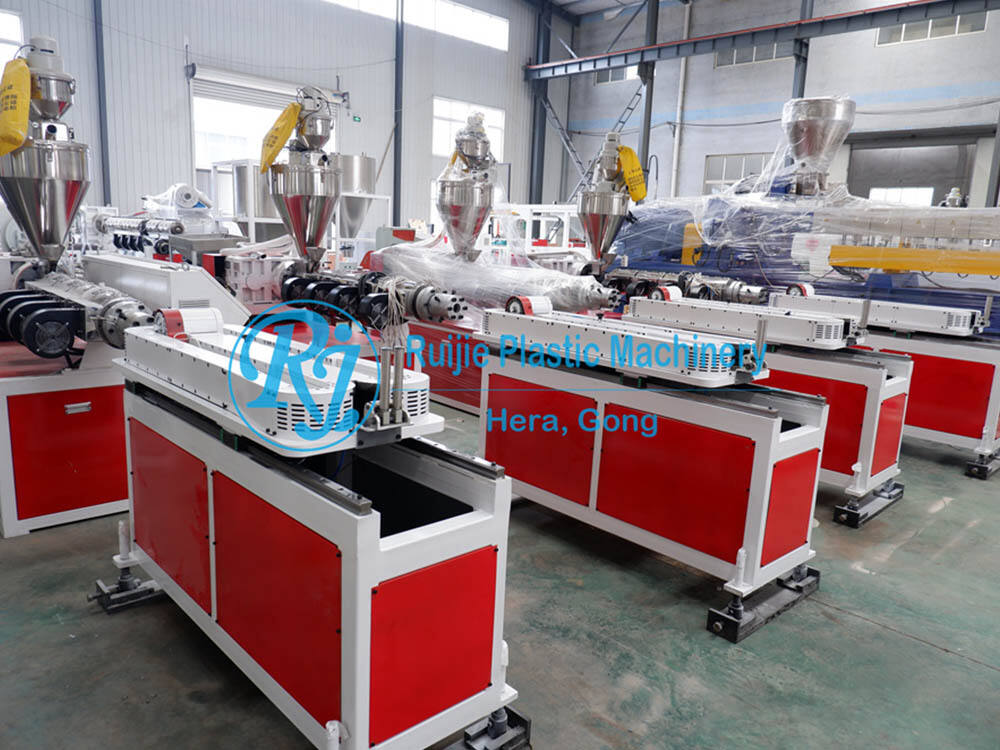News & Blog

Plastic extrusion is one of the most versatile and efficient manufacturing processes to convert raw plastic material into continuous profiles such as pipes, sheets, and films. Like any other process, there are times when things go awry. These problems can affect product quality, slow down production time, or even shorten the life span of your equipment.
Fortunately, with the right knowledge and adjustments, most common extrusion issues can be sorted out quickly and effectively. Let us consider some of these common problems and how to overcome them- keeping your production rolling and your products looking sweet!
What It Looks Like: Melt fracture is ultimately represented by some irregularities showing at the surface of the extruded material such as cracks and distortions; this typically gives it a rough or uneven appearance.
Possible Causes:
High Shear Stress: Surface defects develop when excessive forces break down the polymer chains.
Extrusion Speed Too Excessive: Extrusion that's too quick causes instability in the material's flowing nature.
Inconsistent Melt Temperature: If melt temperature isn't uniform, viscosity across the melt becomes uneven and surface defects are present depending on how the die has been designed.
What It Looks Like: Die swell is described as the condition where the material swells when leaving the die, causing dimensional inaccuracies on the extruded product.
Possible Causes:
High Melt Temperature: A hotter melt means that the material is more elastic and swells once out of the die.
Insufficient Cooling: The material does not cool sufficiently and does not set properly leading to swelling.
Dye Design Issues: Poor die geometry or any other design flaws may cause uneven material flow leading to swelling.
What It Looks Like: Variability in wall thickness creates weak points within the product that jeopardize its strength and performance.
Possible Causes:
Die Misalignment: Should the dies not be aligned correctly, it will affect an even distribution of material into the product causing it to vary in thickness.
Uniform cooling: Inconsistent tapering of cooling rates of the product being extruded makes it flexible hence creating uneven shrinks.
Flow Instabilities: Should the material flow in an undulating fashion, then the resultant product will have a wall thickness that is inconsistent.
What It Looks Like: Surface problems like splay marks, bubbles, or discoloration can both affect the aesthetic and functional qualities of the final product.
Possible Causes:
Material Contamination: Contamination within the material interrupts flow patterns leading to surface defects.
Unreasonable Heat: This causes discoloration and therefore surface defects through transient overheating of the material.
Poor Design of the Die: A poorly designed Die interrupts material flow hence leading to surface imperfections.
Certainly, extrusion should not be burdensome. If proper solutions are put in place in consideration of some of the main problems causing plastic defects-such as melt fracture, die swell, and bad surface the process of plastic extrusion will go smoothly, yielding superior quality products, while the machinery works perfectly well for many years. Most extrusion problems can be resolved quite easily with minor adjustments here and there, along with some preventative maintenance.
